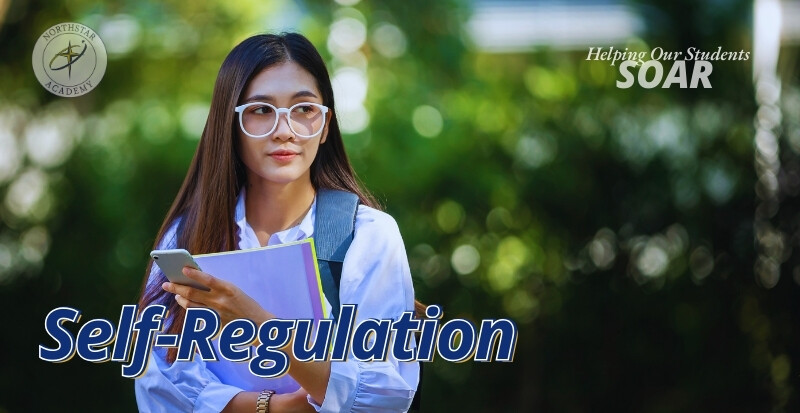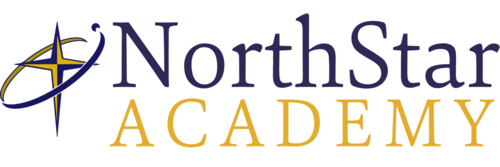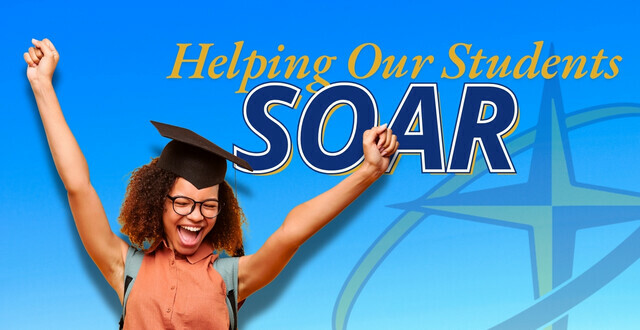Self-regulation

In the context of online education, self-regulation refers to students' ability to "manager their own learning processes" in an online learning environment without in-person teacher support. This includes being able to structure their learning environment, personal planning, and behaviour or response to achievement and progress.
The extent to which a student is able to manage or regulate these 3 areas can increase their likelihood of succeeding in an online school program. Specifically, these strategies include:
Learning Environment
- Surrounding Learning Space
- Information-seeking
- Help-seeking
Personal Regulation
- Organization
- Time-Management
- Goal-setting and planning
Behavioural Functioning
- Keeping Track of Progress
- Self-reflection
- Self-correction
The younger the student, the more support they will need with developing these skills.
Grades 1-4
At-home or community supervisor will need to directly apply the strategies and supervise and monitor continuously to help teach the skills.
Grades 5-9
Students will need to be provided with the structure and routines to follow and implement and will need direct supervision and monitoring to help direct and guide the process.
Grades 10-12
Students may need help establishing the structure and routines and require regular daily routine check-ins to ensure the success of the strategies and be available to redirect and offer guidance as needed.
Over the next few months, we will explore strategies for promoting self-regulation to increase engagement and academic success.

